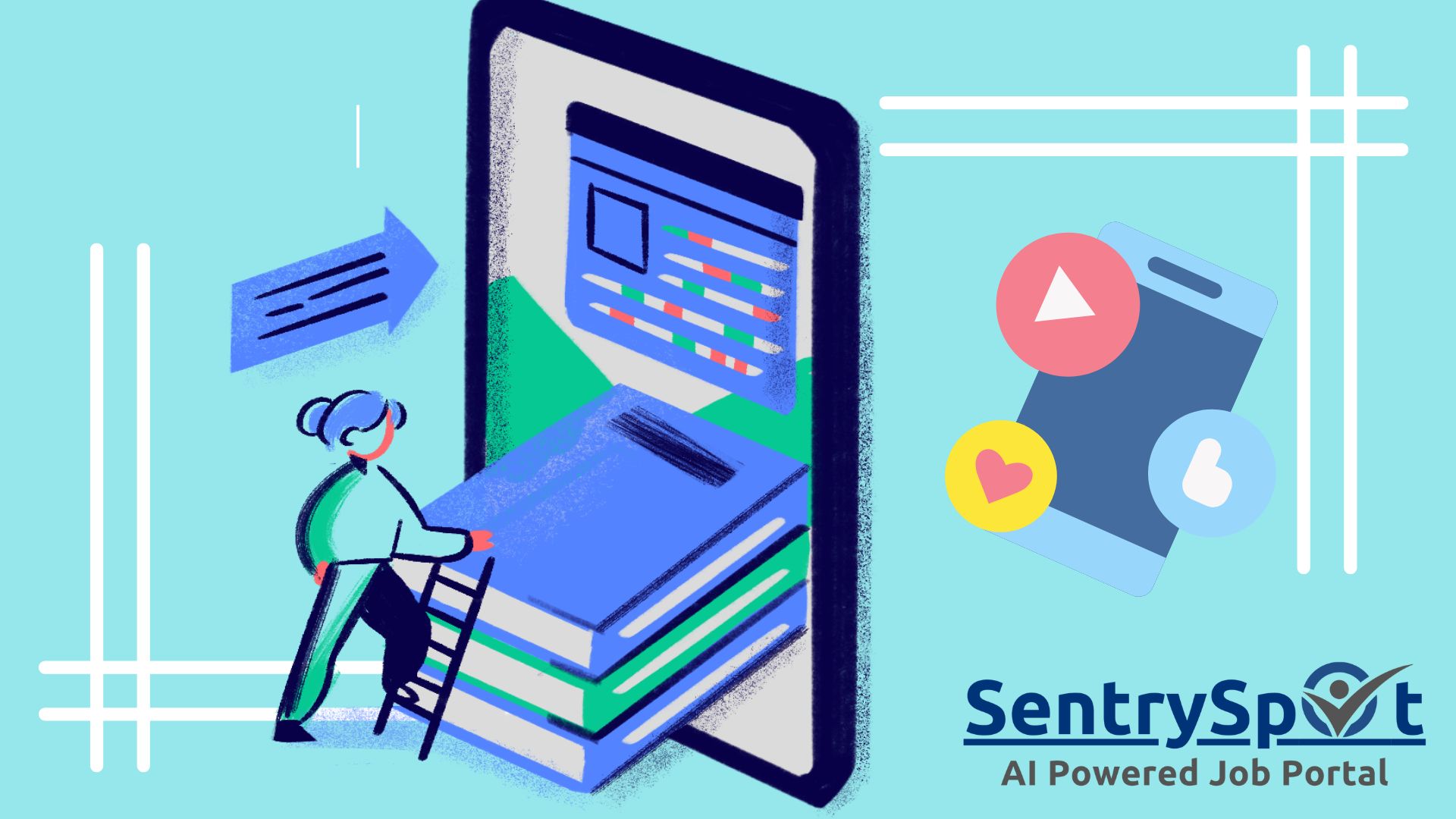A phone interview is a crucial step after submitting a job application, as it helps recruiters evaluate whether a candidate should proceed in the hiring process. It also serves as the first verbal interaction between a candidate and a potential employer, making a good first impression essential. Understanding the most common interview questions and the reasons behind them can help you prepare and excel in the interview. In this blog, we will discuss the 10 most common phone interview questions and provide answers fo
10 common phone interview question and answers in 2024
- Why do you want this job?
During a phone interview, recruiters may inquire about your current work situation to gauge your perspective. It’s important to maintain a positive outlook when expressing your interest in the new job, especially if you are currently employed.
- Why do you want to work for our company?
Do you think it’s just a simple question? One mistake in your answer could cost you the job. Many candidates give generic responses, but you can stand out by researching the company. Show how your skills align with their goals, and emphasize how the company can facilitate your growth. Be specific to prove you’ve done your homework on the company’s vision, policies, and job description.
- Why Did You Leave Your Last Job?
This crucial phone interview question is frequently asked by recruiters to gain valuable insights into your past work experience and to evaluate your compatibility with the new job role. It’s aimed at understanding if any challenges led to your departure from your previous role and gauging the likelihood of similar issues arising in the future. Your response to this question will help demonstrate your commitment and reliability as an employee.
- Can you walk me through your resume?
Please make sure to have your resume readily available so that you can easily reference it and elaborate on important skills or achievements when discussing your qualifications. This will aid both you and the interviewer in following along as you talk through the document.
- What Are Your Strengths?
When you talk about your strengths in an interview, it’s not just about boasting. It’s an opportunity to demonstrate how your unique abilities make you the perfect fit for the job. The interviewer wants to see how your strengths align with the skills needed for the role and how well you can evaluate yourself.
- What are your hobbies?
When hiring, culture fit is crucial, so the recruiter or hiring manager seeks to assess if you align with the team. What kind of person are you? Are you approachable and easy to converse with? What soft skills do you possess? Discussing non-work-related topics enables them to perceive you as an individual. Additionally, they may discern soft skills exhibited in your hobbies.allows them to see you as a person. They might also be able to pick up on soft skills demonstrated in your hobbies.
- Tell me about yourself
This seemingly simple question is deceptively important. When formulating your response, steer clear of regurgitating your resume. Instead, seize the opportunity to pitch yourself. Showcase why you stand out as the ideal candidate by highlighting your current role, relevant past experiences, and the qualities that make you a perfect fit for the position
- How did you hear about this position?
During an interview, you might be asked how you learned about the job. This is a great chance to stand out and demonstrate your enthusiasm and connection to the company. For instance, if a friend or professional contact referred you to the job, you can mention their name and explain why you were excited about the opportunity. If you learned about the company through an event or article, you can share that. Even if you simply found the job posting on a random job board, you can explain what specifically caught your attention about the role.
- What Are Your Salary Expectations?
t’s important to be upfront about your salary preferences early in the process. Keeping this information until the end might seem advantageous, but it can actually hinder your chances. As recruiters, we are on your side and want you to succeed. We need to know your salary expectations in order to advocate for you effectively. Being transparent with hiring managers about your salary requirements upfront can streamline the entire process and increase your chances of getting the job.
- Why should we hire you?
The “Why should we hire you?” question tests your understanding of the job requirements and your suitability for the position. Your response should convey confidence and demonstrate how your skills meet the company’s needs. Research the company beforehand and tailor your answer to showcase your strengths and the value you can add. However, avoid vague or unsupported claims that may sound like empty boasting.
Final words
Phone interviews serve as the crucial first step in the hiring process, allowing recruiters to thoroughly evaluate candidates and ensure they align with the job requirements before advancing to the hiring manager. As you prepare for your interview, carefully consider potential responses that directly relate to the position, showcasing your expertise and qualifications. Additionally, hone your interview skills to ensure you leave a lasting impression. Taking concise notes during the interview can be extremely beneficial. Afterwards, utilize these notes to craft a thoughtful thank-you message, expressing your appreciation, reiterating your enthusiasm for the role, and addressing any key points you may have overlooked during the interview.
FAQ
- How long should a phone interview last?
In a 30-minute phone interview, the standard duration is half an hour. However, a successful interview may extend a few minutes longer. If the interviewer asks additional questions, it’s a positive indication that your responses are impressive and pertinent.
- How should I prepare for common interview questions?
Prepare to ace your next interview by conducting thorough research on the company’s values, goals, and industry. Create a list of common interview questions and rehearse your responses with a friend. Moreover, thoroughly review your CV and identify specific examples from your experiences that showcase your skills and achievements. The more you practice, the more confident and prepared you will be for the actual interview.
- How can I ace my interview?
Prepare for success! The first step to a successful interview is thorough preparation. Research the company and the role you’re applying for, then practice answering common interview questions. Craft brief, targeted answers that showcase what the company values in an employee. Don’t forget to prepare detailed stories about your experiences to confidently handle any interview question.




